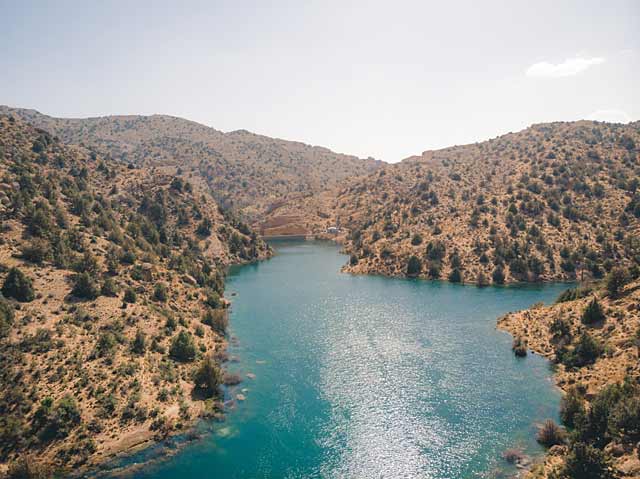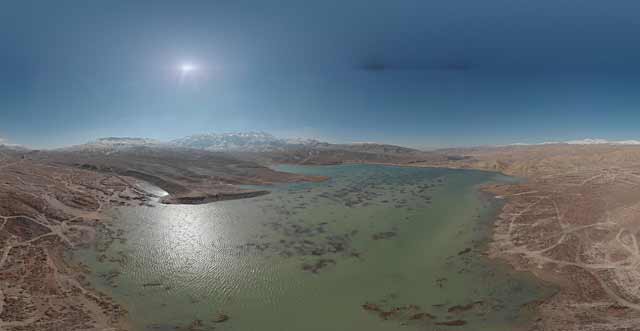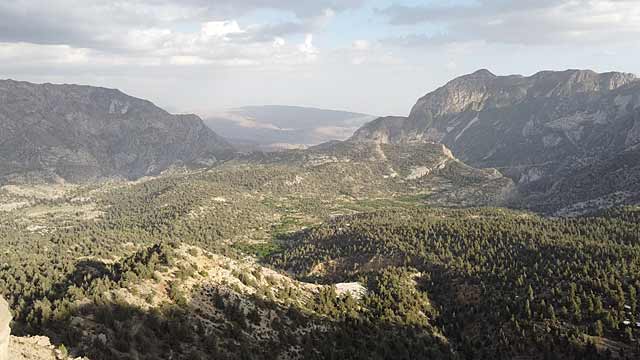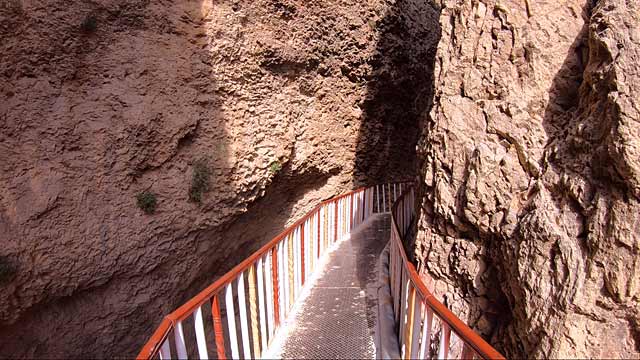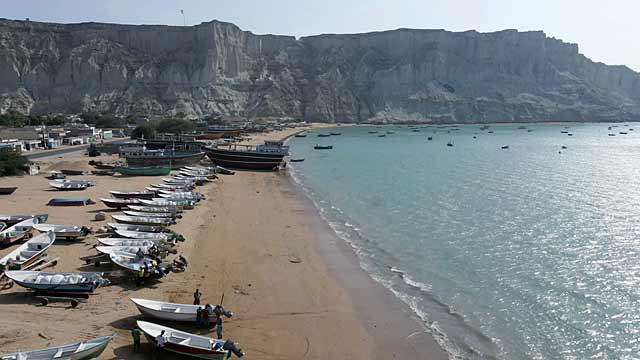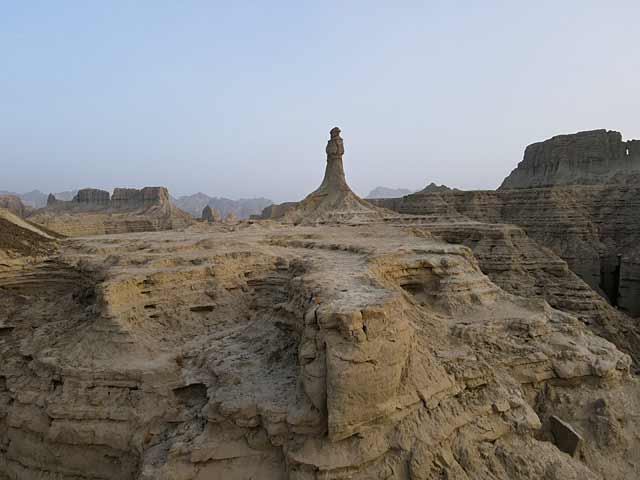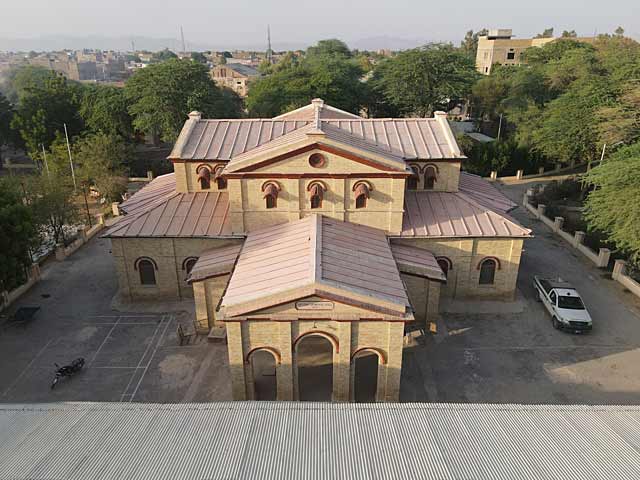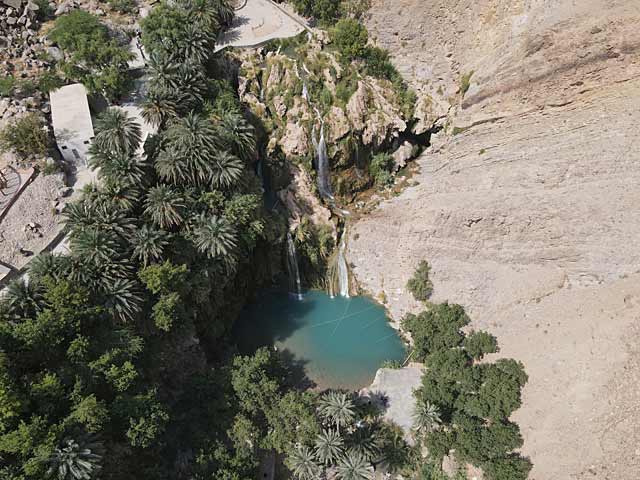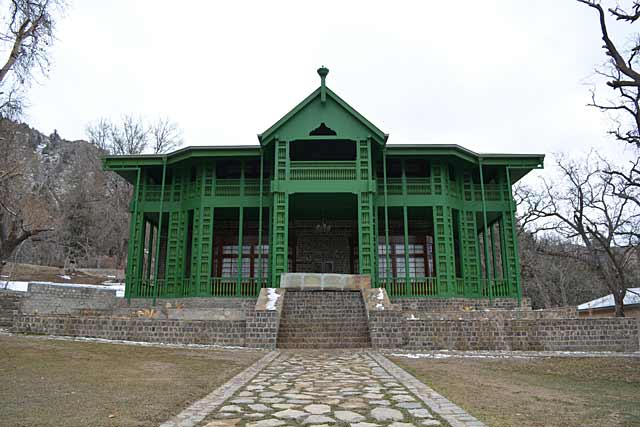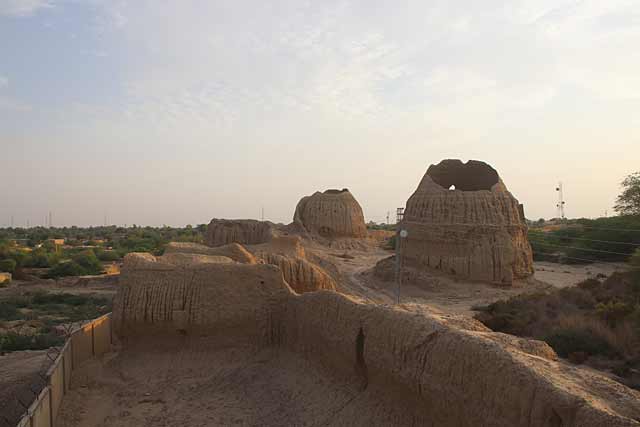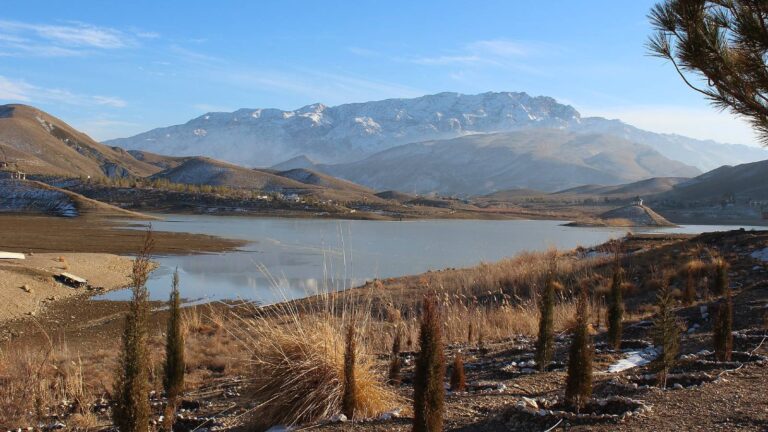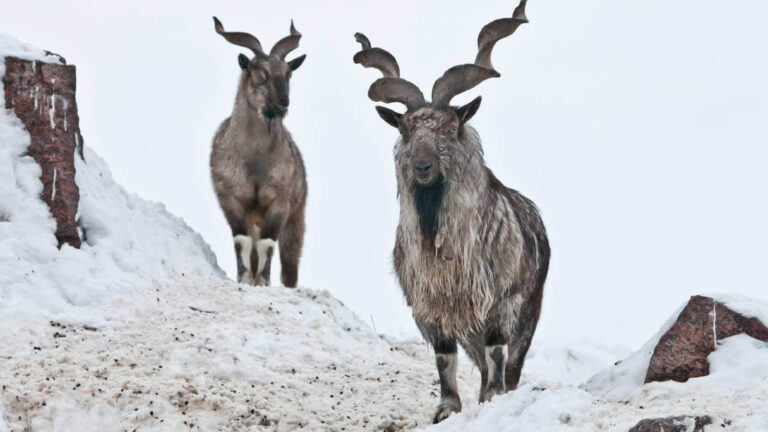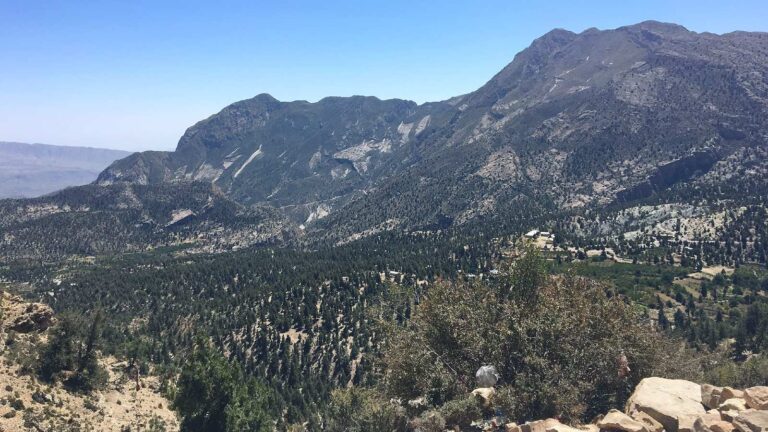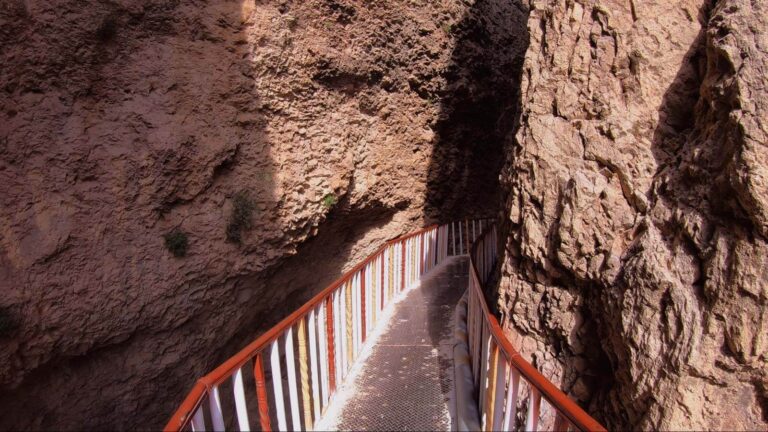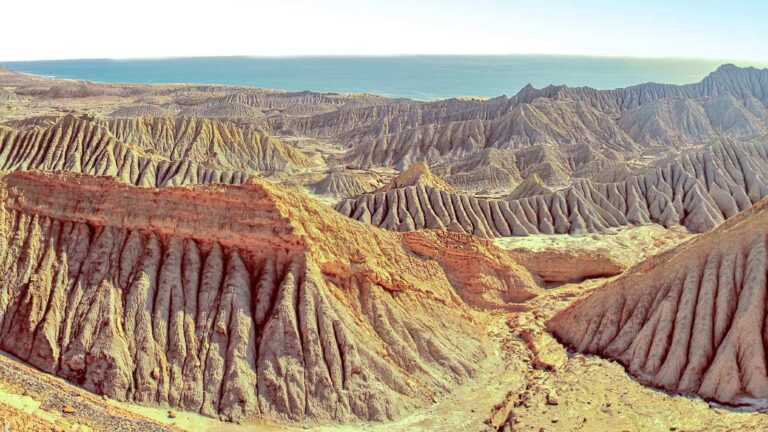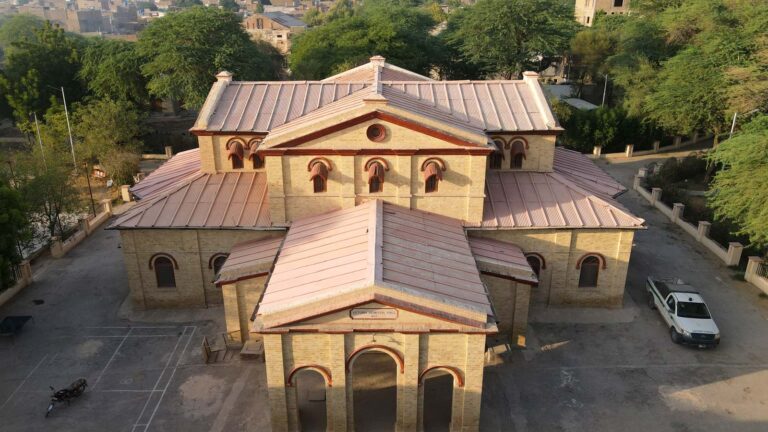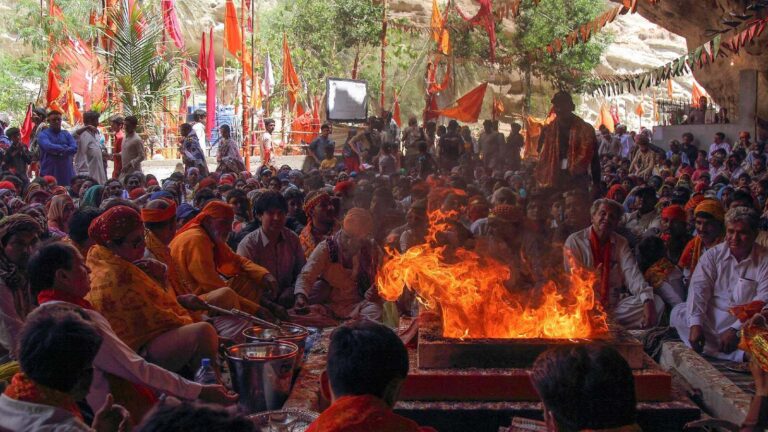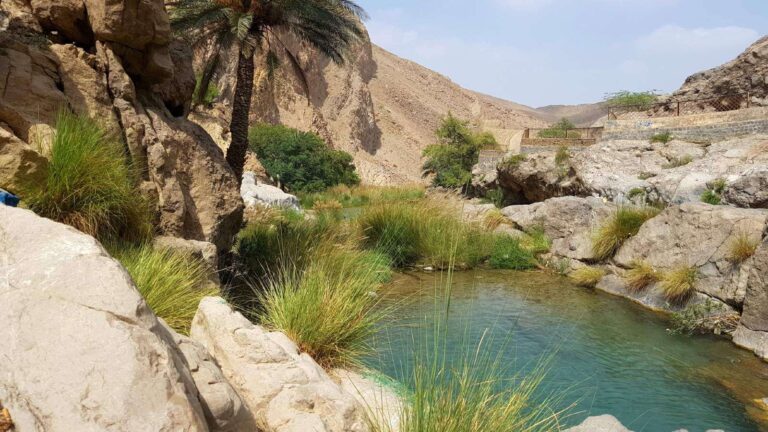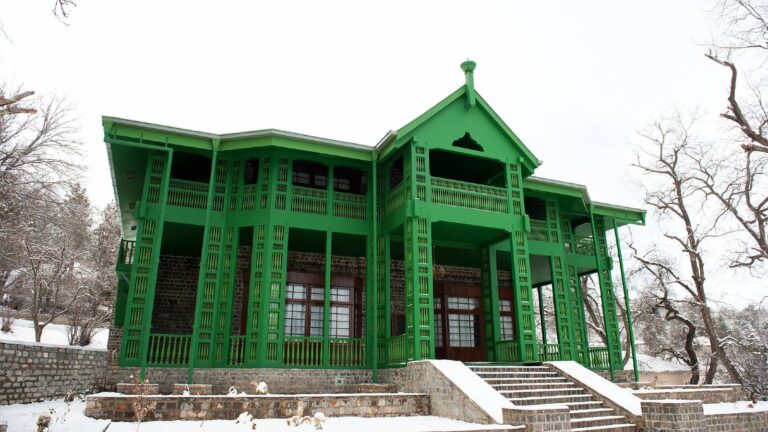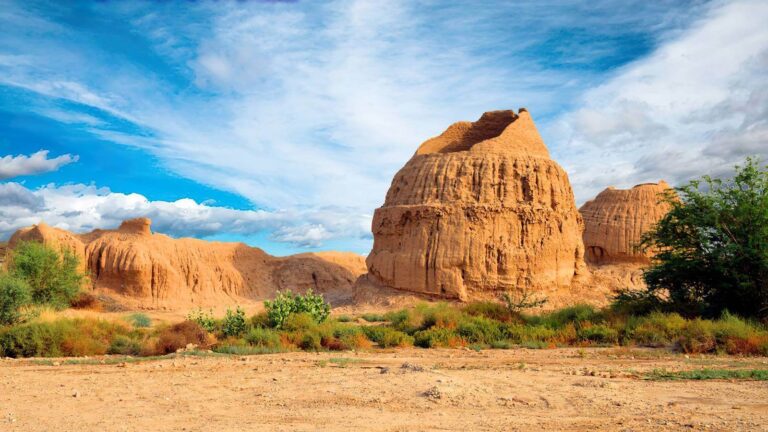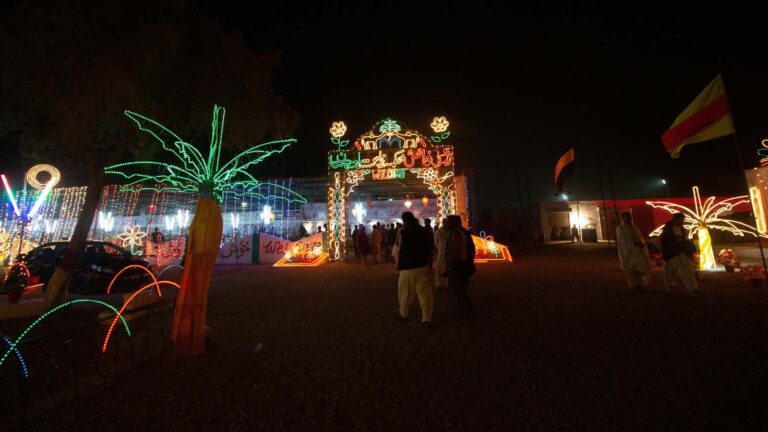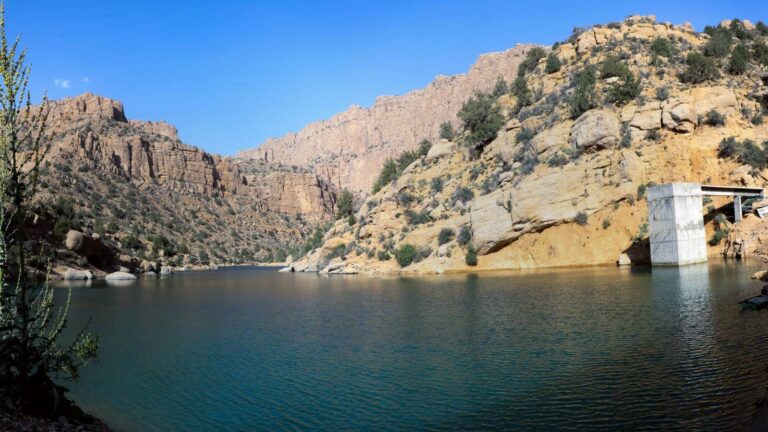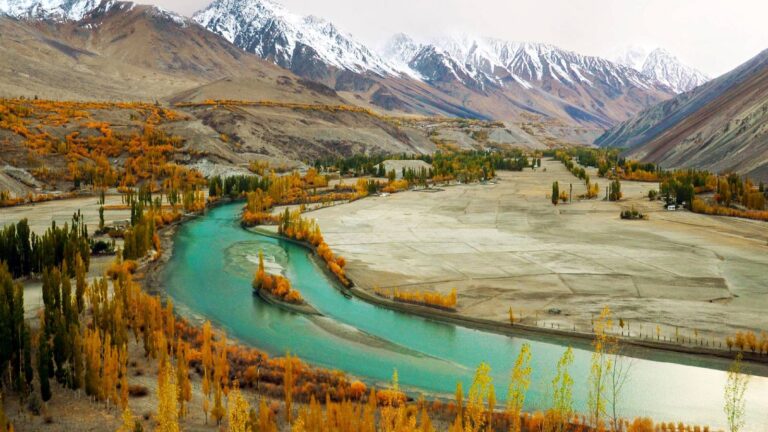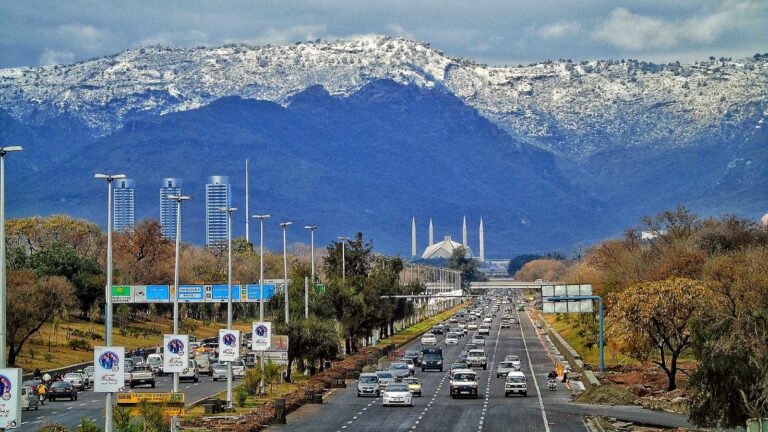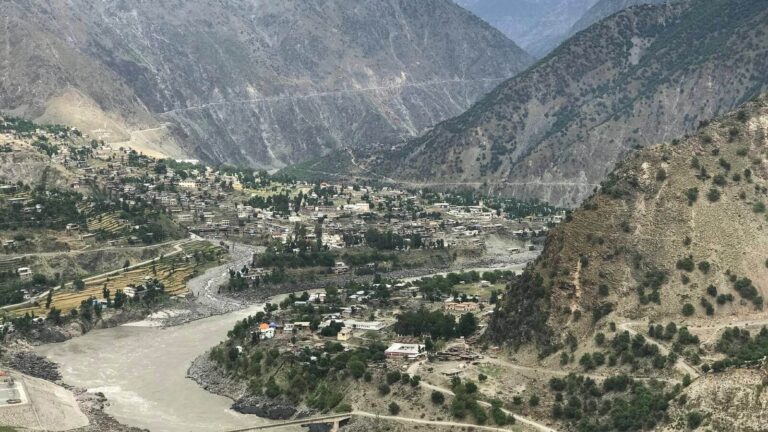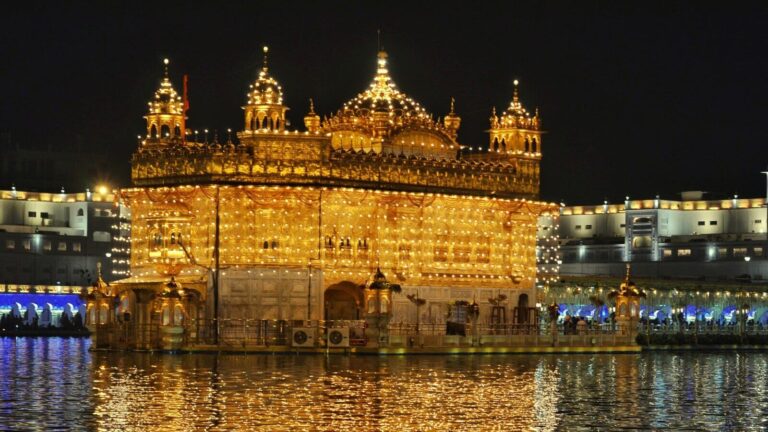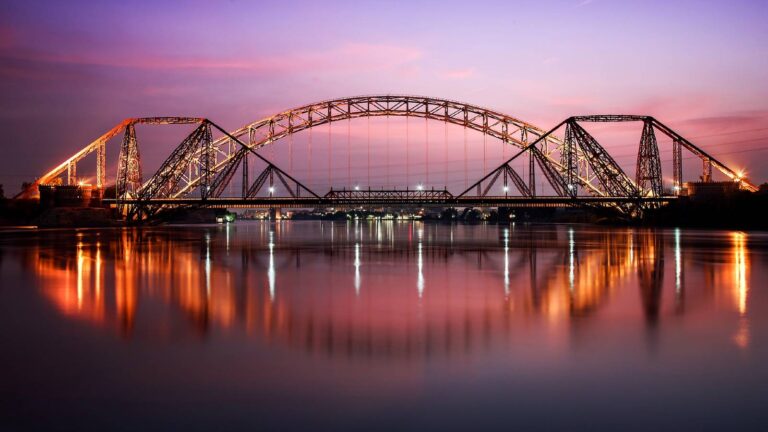You can reach Balochistan by Planes, Cars & Train.
There are daily flights to the capital city Quetta from all the major cities of the country & few flights to Gwadar aswell.
Balochistan also has full train route that can be accessed from Sindh & Punjab all the way to Chaman city leading to Afghanistan border. There are multiple Trains that run through Karachi & Islamabad to Quetta on daily basis.
Lastly, the roads are accessible from all over the country to the region via different cities and all provinces. From Punjab you can enter via the route of Dera Ghazi Khan to Loralai , From KPK to Balochistan via the route of Dera Ismail Khan to Zhob, From Sindh to Balochistan via the route of Kashmor & Jacobabad to Naseerabad, & From Karachi to Hub.
Balochistan provides extremely diverse experience to its tourists. The city of Quetta is known as the fruit garden of Pakistan is the capital of province. Easily the most diverse city of the region, one can find the rich culture of Baloch & Pashtun tribes along with their life style & delicious cuisine.
In winters the city gets covered in snow along with neighboring districts of Ziarat, Kalat and Kila Saifullah. Ziarat offers the world 2nd largest Juniper forest & quide azam residency, while Kalat offers the history of Kalat state which ruled the region from 15th century to the 19th century.
The city of Khuzdar provides all the hidden waterfalls that are the tourist’s heaven and sibi provides the ruins of Chakar fort along with Mehergarh that dates back to Indus Civilization & annual festival that is over 100 years old.
The city of Jhap Magsi is the home to Pakistan first and largest Jeep Rally that is held annually. Finally, over 600km of Coastal belt provides beaches that are yet to be explored and seen to be believed.
The province currently known as Balochistan was established in 1971. The region dates back to the indus civilization as known from the ruins of Mehrgarh which are approximately 7000 BCE and the caves of Gondrani which have ambiguous historical information.
During the 15th century, The Khan of Kalat established its Kalat state which included most of the cities presently included in the Balochistan. The state was abolished by the British after they came to rule the region. British Empire left their mark in the region as evident by the railway track and some of the engineering marvels in the Bolan Pass tunnels to Khojak Pass tunnel.
Alexender the Great is said to have arrived in the region during his reign and mentioned the people of makran as Ichthyophagoi or Fish-Eaters.
There are various Cultural festivals in the region.
Most notably the Sibi Mela which is held every year in the month of February. The festival has been held for over 100 years now.
Apart from this, there is an annual Jeep rally held in the month of December in Jhal Magsi. Its Pakistan first and largest jeep rally. Additionally, the locals of the province “Baloch and Pashtun “celebrate their cultural days in the month of March and September.
The local dishes are one of its kind like the Sajji, Khadi Kabab, Dampokh, Rosh & Spherical Bread Kaak. Balochistan has its own folklore of Mureed & Haani & the tombs of Samo & Mastawakali, Sasi & Punnu, Sheeri & Farhad. The traditional dance include the Balochi Chaap & Pashtun Atan.
The city of Quetta and its surrounding areas are the coldest in the region and experience heavy snowfall during the winter season while city of Sibi, only 150km from Quetta, is one of the hottest in the country. The coastal areas are hot and humid in the summers.
To the north, the Suleiman Mountain ranges occupies the city of Zhob while to the east the Kirthar Mountain Ranges touch the district of Khuzdar. Balochistan has its border with Afghanistan In the city of Chaman and With Iran from the city of Noshki, Taftan and all the way to Jiwani.
The economy of Balochistan is largery based on Agriculture & Livestock. There are various fruits and crops that are the main source of agriculture like Apple, Grapes, Cherry, Banana, Cotton, Wheat & Rice. Most of the quality fruits are exported throughout the country.
The areas surrounding the coastal area are fishermen and are dependent on these. Additionally, Livestock plays a major role in the economy of the province as people of the towns are mostly dependent on the farming of Goats, Sheeps & Cows.

